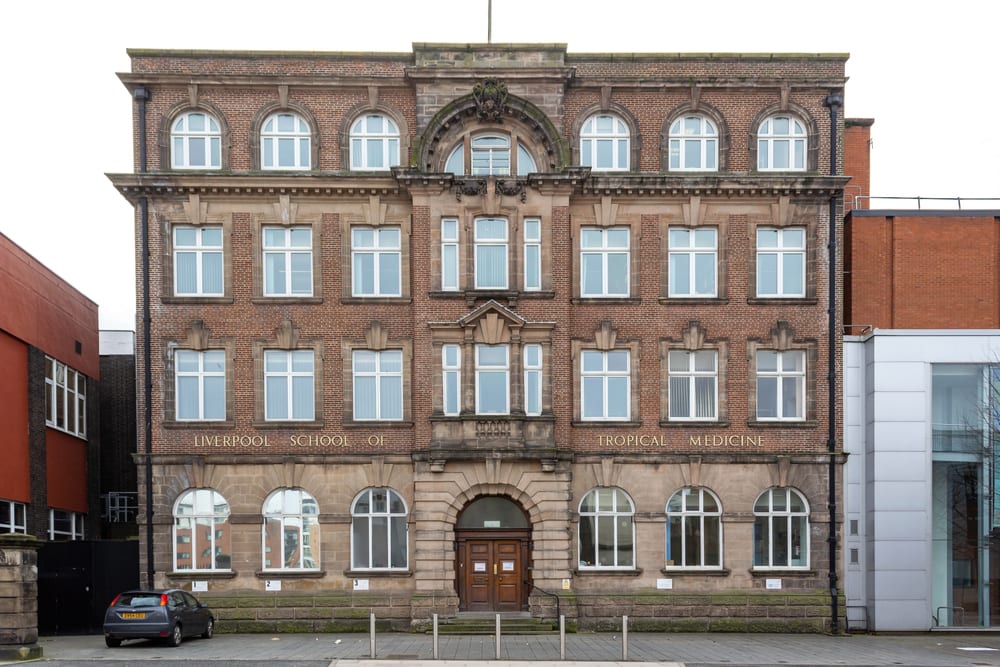
Coronavirus
Ex-Corrie star Andrew Lancel says he’s proud to be back on stage and helping Liverpool’s theatre recovery
5 years ago
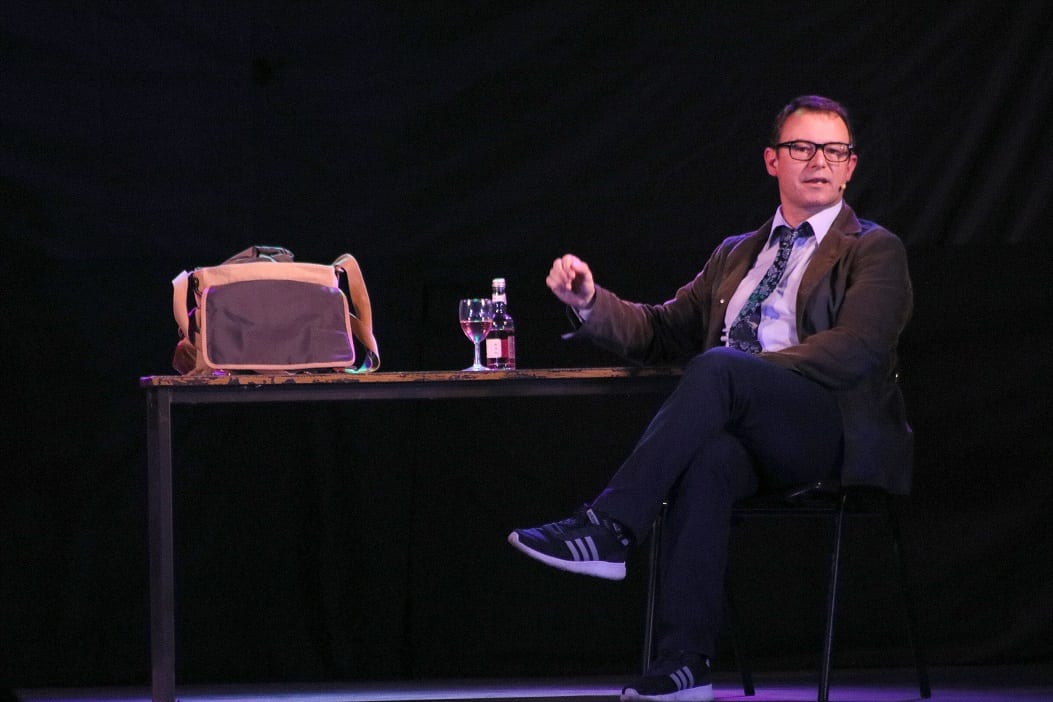
Liverpool actor Andrew Lancel says he believes the city’s theatre can come back strongly after a year of cancelled shows and empty seats.
Andrew is probably best known for long-running TV stints in The Bill as DI Neil Manson and in Coronation Street as villain Frank Foster, as well as his critically acclaimed stage portrayal of Beatles manager Brian Epstein.
Now he’s returning to Unity Theatre where he’s a patron for its first live production since March 2020.
He will star in the one-man play Swan Song, by Liverpool writer Jonathan Harvey, for six Unity shows in July ahead of a short tour.

And he says the chance to perform in front of an audience again, especially one at home, will be very special.
“I’ve done a lot of theatre over the past few years, it’s a big part of my life, and for me there’s nowhere more precious than the Unity,” he says. “I think if any industry and any city can come back it’s Liverpool theatre so I’m really glad to have the chance to be a part of that.”
Andrew first took on the role of gay, forty-something English teacher Dave Titswell as part of the Liverpool Theatre Festival at the Bombed-Out Church last September.
The award-winning festival was created by Liverpool theatre producer Bill Elms, attracting audiences of more than 2,500 over a nine-day line-up.
“Last year Bill asked me to do something for the festival, and I wanted to do something Liverpool-orientated so I rang Jonathan,” explains Andrew. “We’ve known each other for a long time, he wrote a lot of my Corrie scripts, so I said to him, ‘I’ve got an evening, it’s outdoors, have you got anything?’ and he said, ‘I might have’.
“This play was originally done in the 90s at the Hampstead Theatre with a woman, Rebecca Front, playing the teacher. We adapted it to Liverpool and to a gay man and we were going to bring it up to date but we realised more and more that one of the strengths of it, and the sadness of it, is that so little has changed in the education system. Even though there’s a lot more consideration, the gaps are still there and the issues that Dave is facing are still very much around.
“Jonathan’s our finest playwright and his characters can sit in any time, so we kept it in the 90s and it works, particularly from a soundtrack point of view.

Unity Theatre
“We had a very short time to do it but people loved it, they laughed at him, they gasped at him – it’s pretty close to the wire in places – it’s moving and I think everyone knows someone like him.”
Swan Song was on for one night only during the festival, but it was such a success that Andrew and Bill tried several times to re-stage it, only to be frustrated by Covid.
But with restrictions set to ease in the summer, they’ve finally been able to find dates for a North of England tour starting in Liverpool, with Noreen Kershaw directing.
“Hopefully a few performances here and there will give people a chance to warm themselves back to theatre,” he says.
“It’s hard to talk about any casualties of the pandemic other than the people who’ve lost their lives but there are casualties in a lot of industries including the arts, right across the spectrum from writers to lighting designers.
“For me it seemed like we were the back of the queue and it seemed there wasn’t a safety net behind the industry so I think without the inward support there would have been more collapse than there has been.
“That’s why it was such a big thing for people like Bill to put their names and their bank cards on the line, which is a really ballsy thing to do. Liverpool Theatre Festival was like a beacon going ‘look what we can do, we’ve got this space, let’s fill it’ and they did.

“It was emotional at the festival because everyone was so happy to be there and working again. For everyone involved in theatre it’s their life, it’s their routine, it’s their mortgage, it’s everything to them so to have that totally stopped was a real blow.
“Even though there’s been lots of streamed theatre and that’s been great for keeping people in work there’s no substitute for live theatre, it’s been hugely missed, and on stage you can really feel that gladness from the audience that it’s back.”


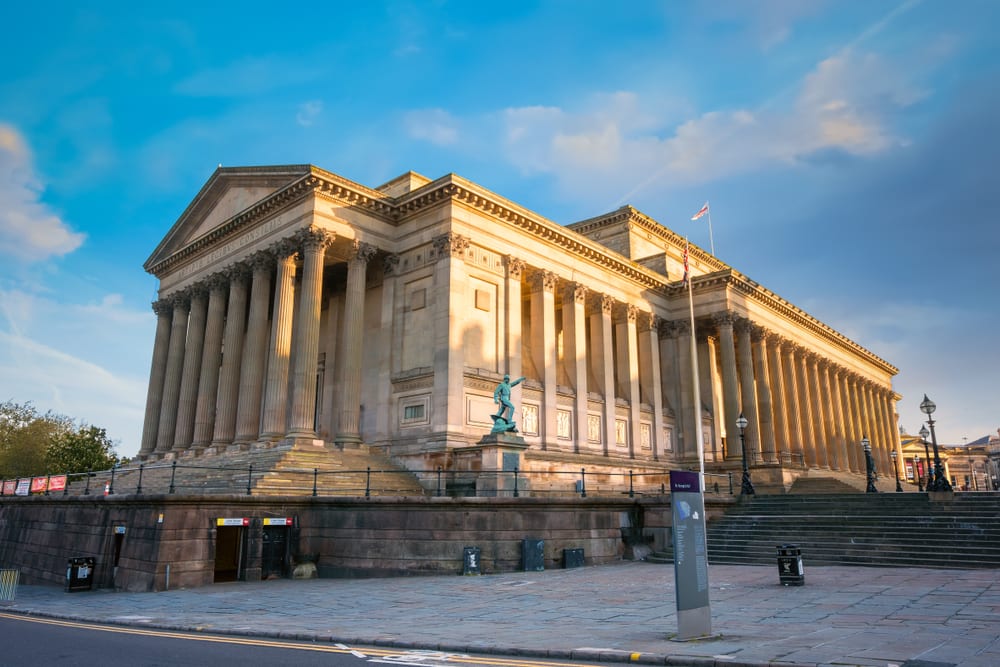
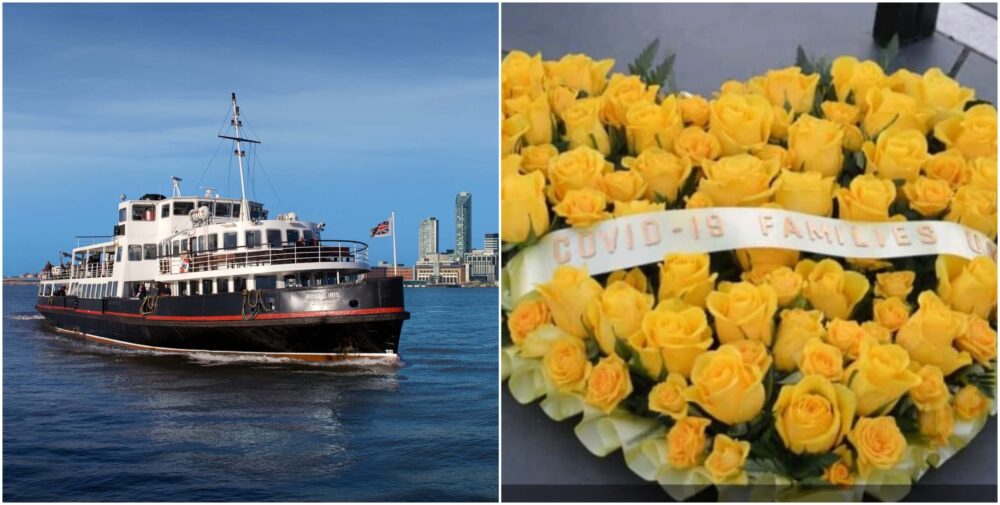
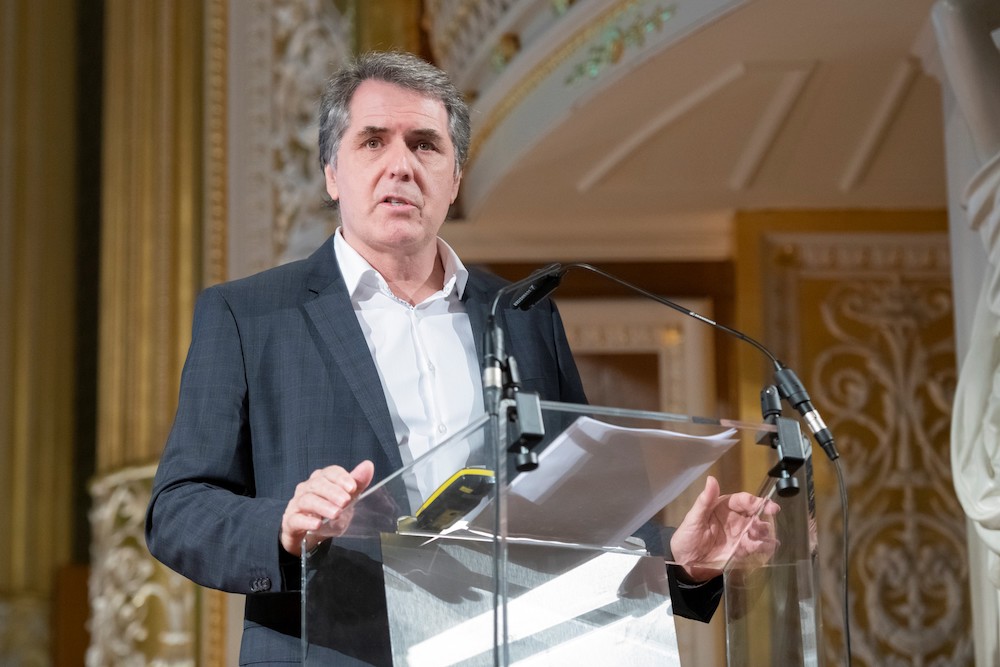

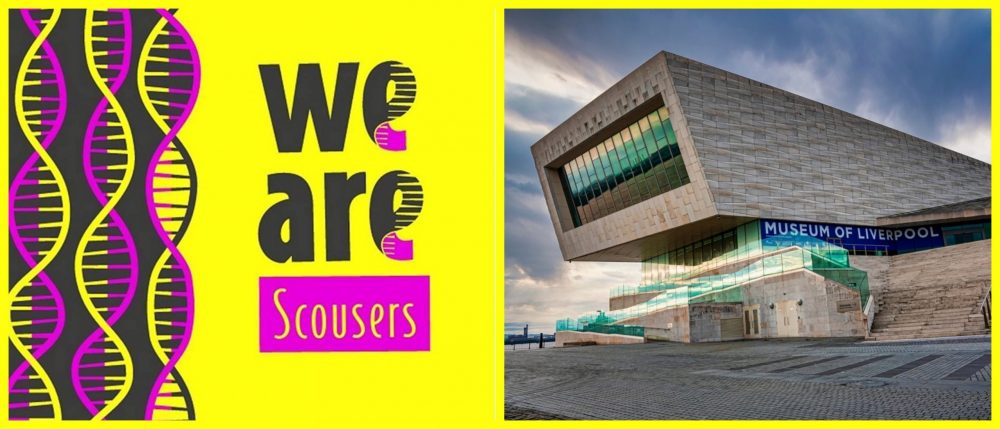
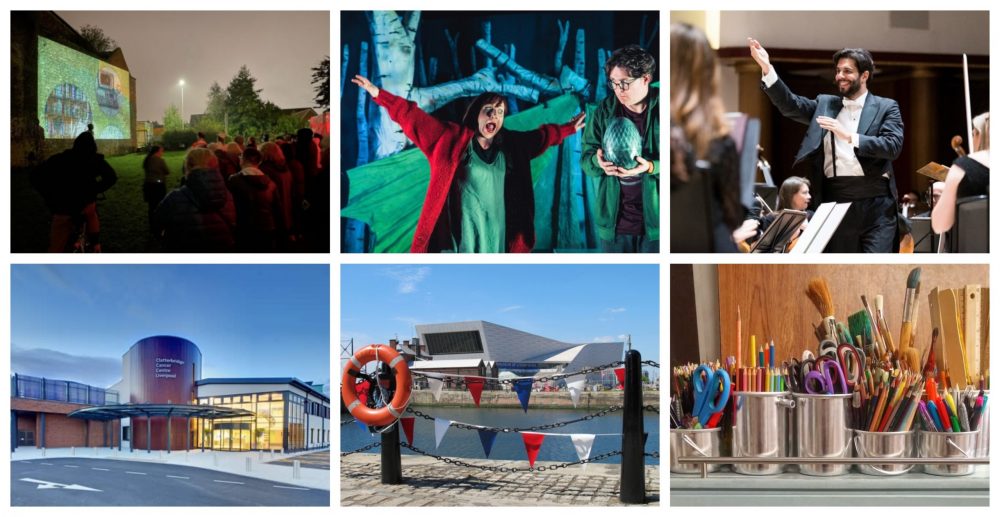
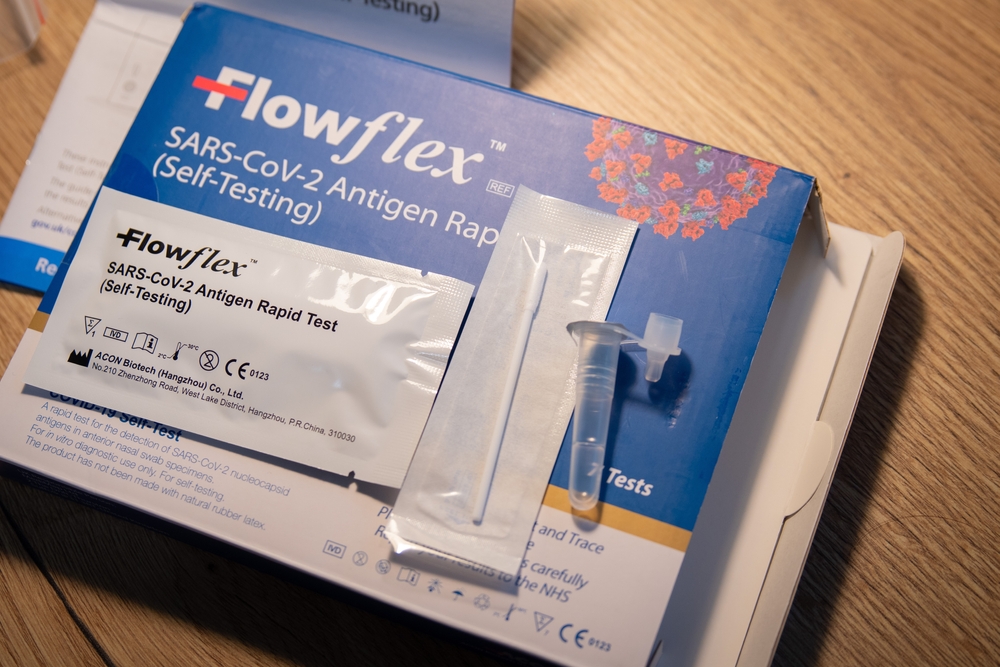
 Subscribe
Subscribe Follow Us
Follow Us Follow Us
Follow Us Follow Us
Follow Us Follow Us
Follow Us Follow Us
Follow Us











